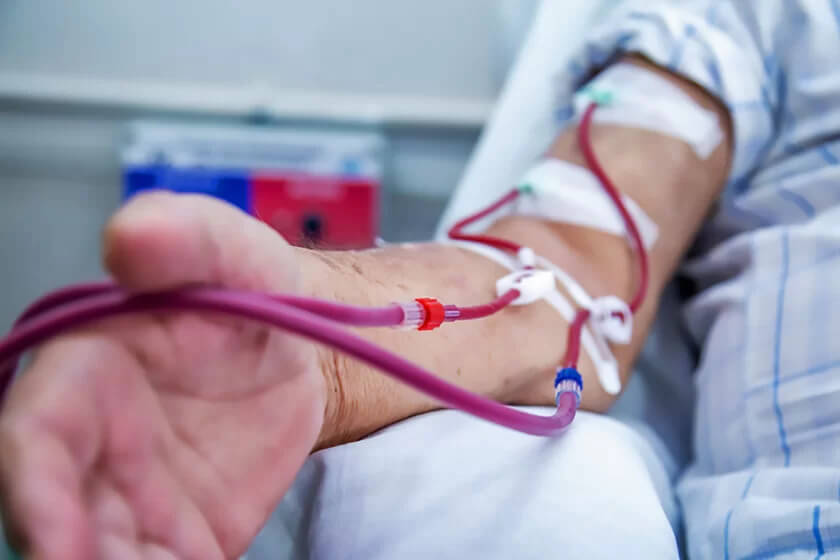Navigating Kidney Disease: Understanding Hemodialysis and Treatment Options
Our kidneys are remarkable organs that play a crucial role in maintaining overall health. They act as natural filters, removing waste products and excess fluids from the blood, regulating blood pressure, and producing hormones essential for various bodily functions. However, when kidney function deteriorates due to disease or injury, a cascade of health complications can arise. This article sheds light on kidney disease, its various stages, and treatment options, particularly focusing on hemodialysis, a life-saving treatment for individuals with advanced kidney disease.
Understanding Kidney Disease: Stages and Progression
Kidney disease can develop gradually and can be categorized into five stages based on the level of kidney function remaining. Let’s explore these stages:
Stage 1 & 2: Early Signs and Management
In the early stages of kidney disease, minimal to mild damage may be present. Symptoms are often absent, and detection might occur through routine blood or urine tests. Early intervention through lifestyle changes and medication can help slow disease progression.
Stage 3: Moderate Decline in Function
Stage 3 signifies a moderate decline in kidney function. While symptoms may still be absent, individuals might experience high blood pressure, fatigue, or changes in urination. Management focuses on controlling blood pressure, managing blood sugar levels (if diabetes is present), and slowing disease progression.
Stage 4: Advanced Kidney Disease
In stage 4, kidney function is significantly reduced. Symptoms like fatigue, loss of appetite, anemia, and difficulty sleeping become more prominent. Dietary modifications and medication become crucial to manage waste products, control blood pressure, and prepare for potential future treatment needs.
Stage 5: Kidney Failure
Stage 5 represents kidney failure, when the kidneys can no longer adequately filter waste products and maintain fluid balance. At this stage, two main treatment options emerge: hemodialysis and kidney transplantation.
Hemodialysis: A Lifesaving Treatment for Kidney Failure
Hemodialysis is a life-sustaining treatment that artificially removes waste products, excess fluids, and electrolytes from the blood when the kidneys can no longer perform this function effectively. Here’s how hemodialysis works:
- The Process: Hemodialysis involves filtering blood outside the body using a machine called a dialyzer. Blood is drawn from the body through a needle or catheter and circulated through the dialyzer, where waste products are removed. The cleaned blood is then returned to the body.
- Frequency and Duration: Hemodialysis treatments are typically performed three times per week for several hours each session. The specific schedule and duration may vary depending on individual needs.
- Vascular Access: To facilitate hemodialysis, a vascular access point needs to be created for blood removal and return. This access can be a fistula (connection between an artery and vein), a graft (using synthetic material), or a catheter placed in a large vein.
Benefits and Considerations of Hemodialysis
Hemodialysis is a life-saving treatment for individuals with kidney failure. Here are some of its key benefits:
- Waste Product Removal: Hemodialysis effectively removes waste products that would otherwise accumulate in the body and cause serious health complications.
- Fluid Balance Management: It helps regulate fluid levels in the body, preventing swelling and other associated issues.
- Improved Quality of Life: Effective waste removal and fluid balance management can improve energy levels, reduce fatigue, and enhance overall well-being.
However, it’s important to consider certain factors associated with hemodialysis:
- Time Commitment: Hemodialysis requires a significant time commitment, with several treatment sessions per week.
- Dietary Restrictions: Individuals on hemodialysis may need to adhere to specific dietary restrictions to manage electrolytes and fluids.
- Vascular Access Complications: Potential complications can arise with vascular access points, such as infection or blood clots.


